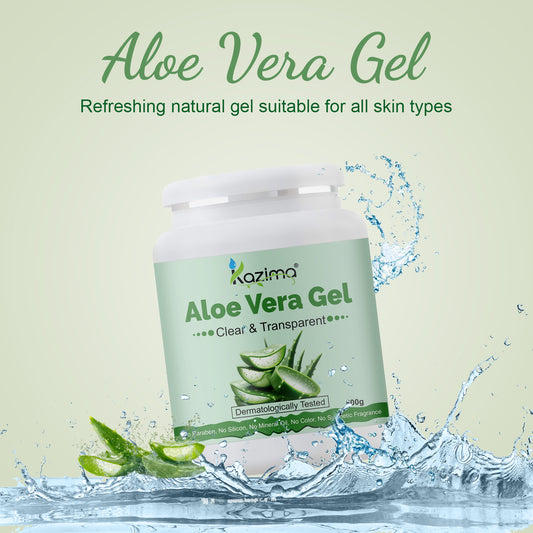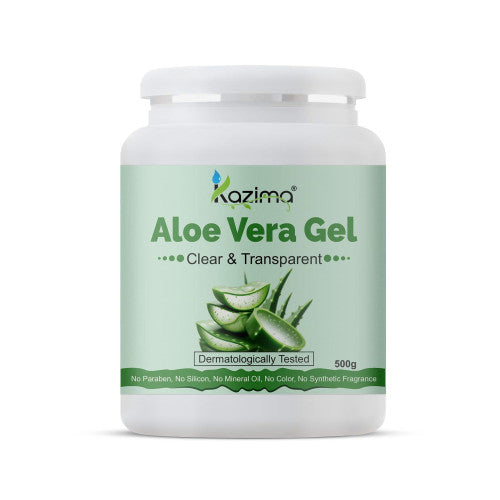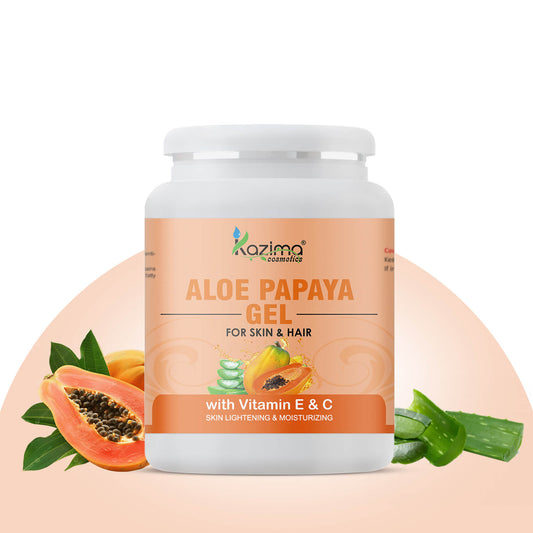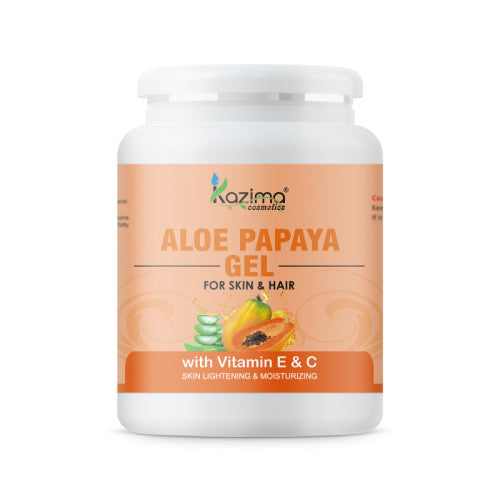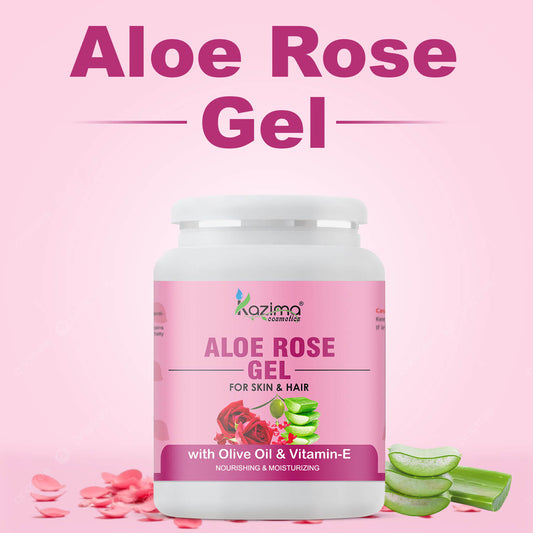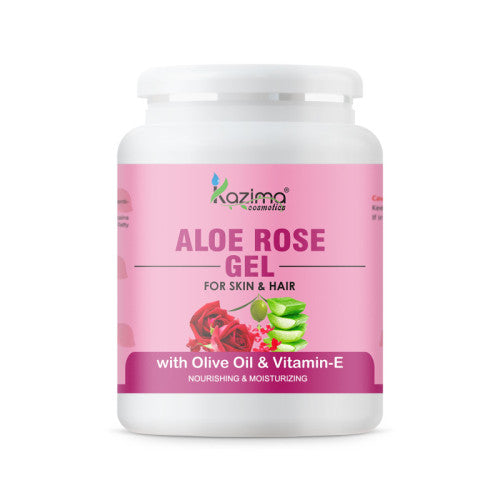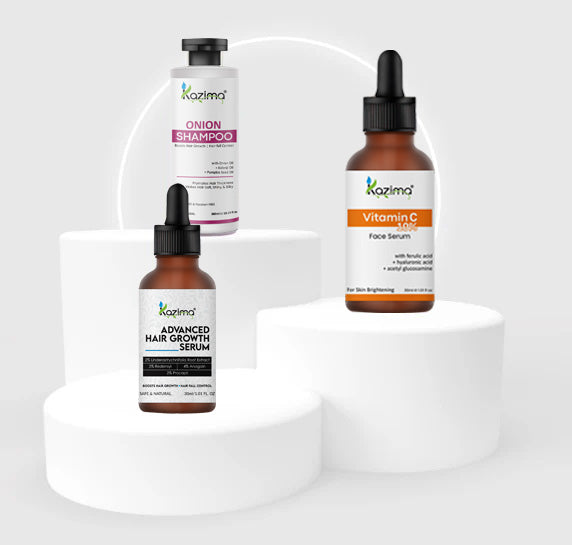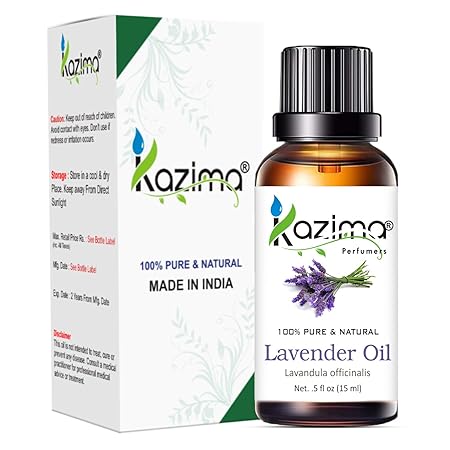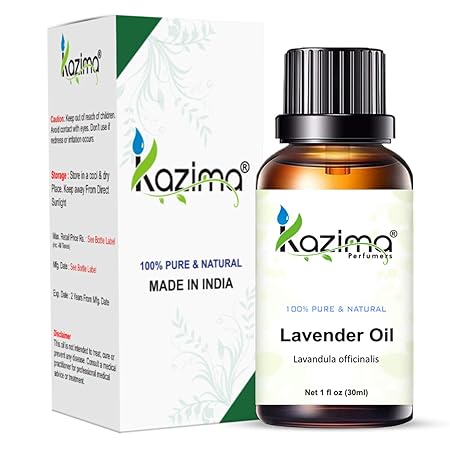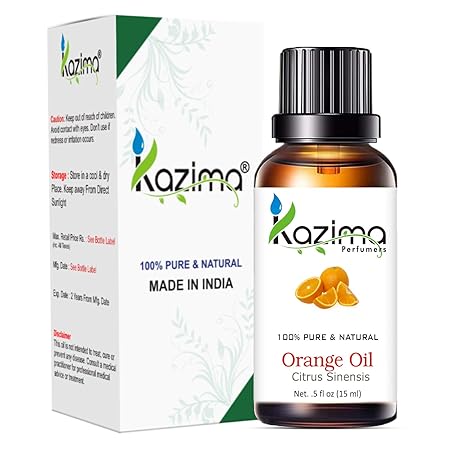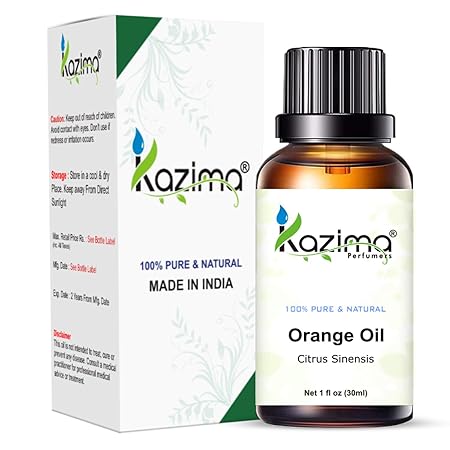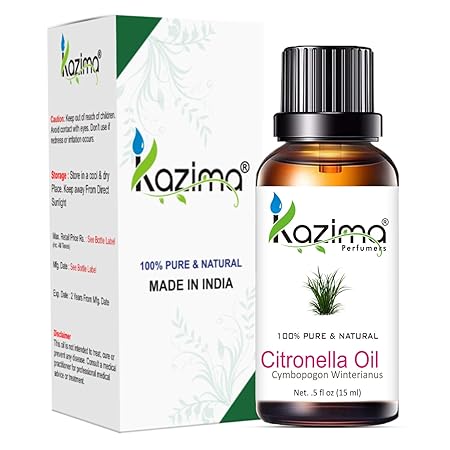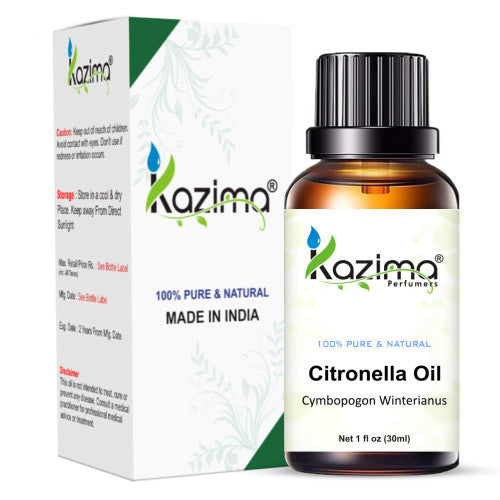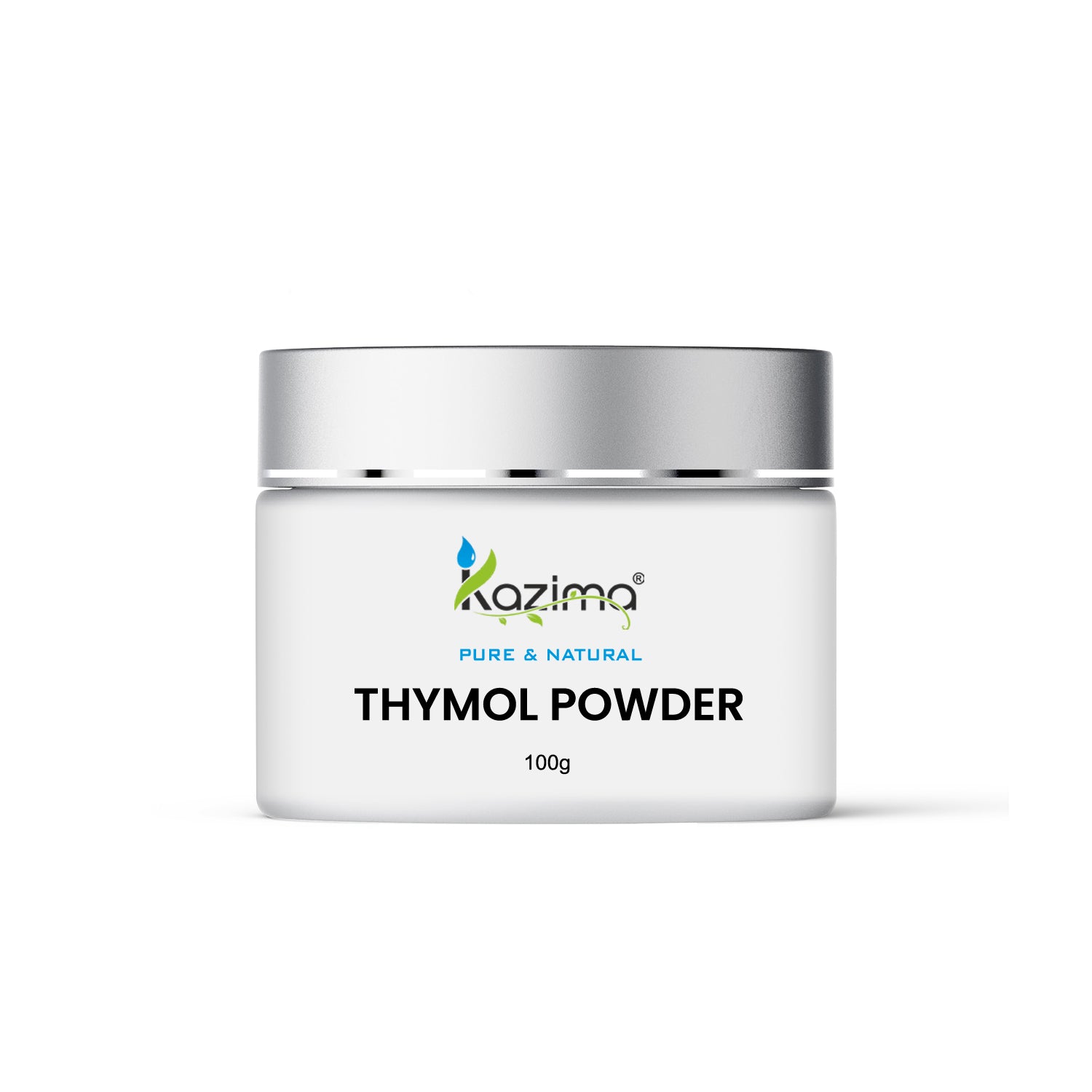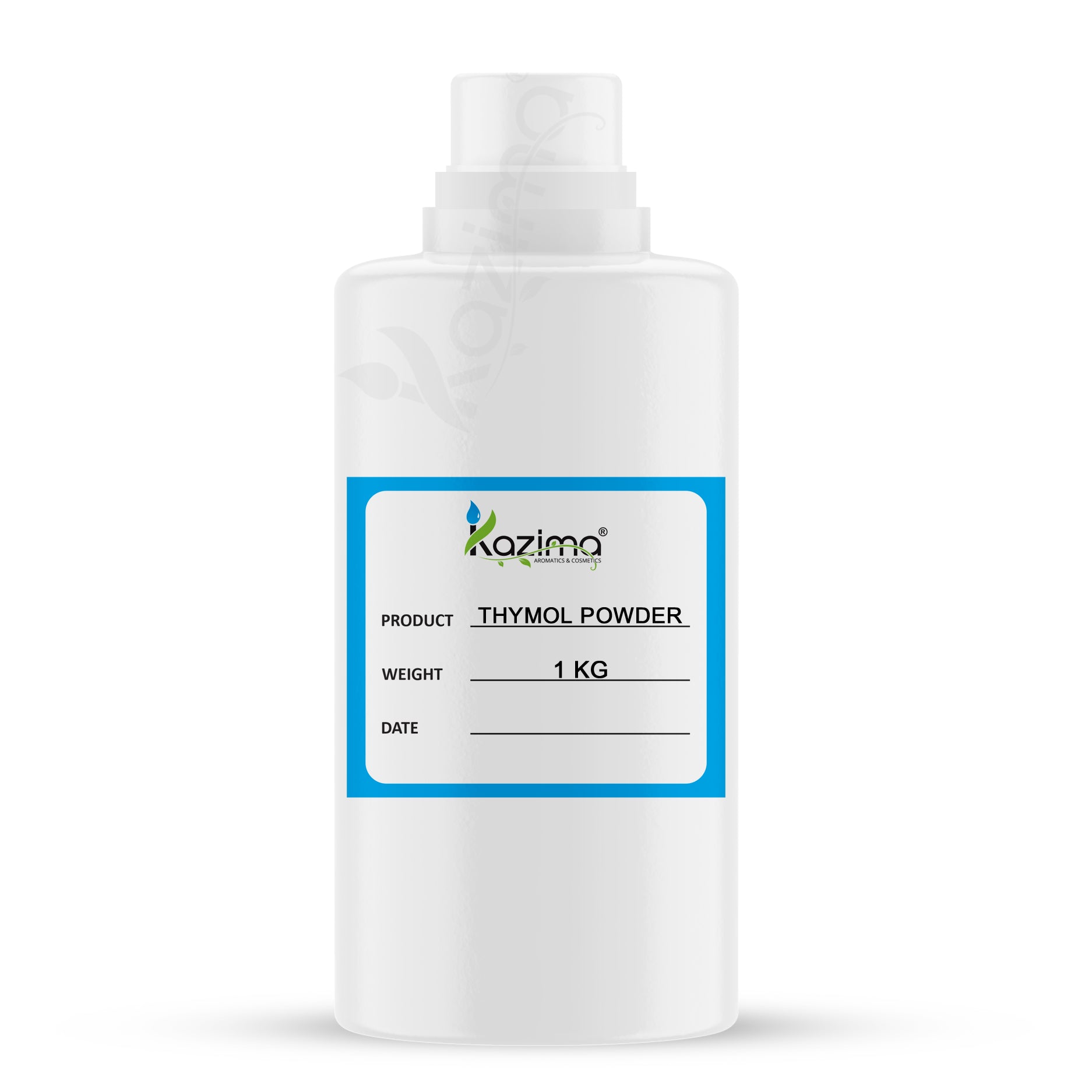Chemical Name: 5-Methyl-2-(propan-2-yl)phenol
Molecular Formula: C₁₀H₁₄O
CAS Number: 89-83-8
Appearance: White to off-white crystalline powder
Purity: ≥98.0% by Gas Chromatography (GC)
Melting Point: 48°C to 52°C
Boiling Point: 232°C
Density: 0.960 g/mL
Flash Point: 102°C
Solubility: Soluble in alcohol, ether, and acetone; insoluble in water
Uses & Application:
- Antiseptic: Used in mouthwashes, ointments, and lotions for its antimicrobial properties.
- Preservative: Added to food and cosmetics for preservation due to its antifungal and antibacterial effects.
- Flavoring: Provides a strong herbal, minty flavor in food and beverages.
- Aromatherapy: Used in essential oils for its soothing and antimicrobial effects.
Discover the incredible versatility of Thymol Powder, a natural compound derived from thyme oil, known for its powerful antiseptic, antimicrobial, and soothing properties. This fine powder is not only a staple in natural health remedies but also finds its place in various culinary applications, offering a warm, herbal flavor to your dishes. Whether you are a seasoned chef experimenting with new flavors, a health enthusiast looking to boost your wellness routine, or a DIYer crafting your own natural products, Thymol Powder is a must-have addition to your pantry and medicine cabinet. - Natural Antimicrobial: Helps in combating harmful bacteria and fungi. - Flavor Enhancer: Adds a aromatic herbal essence to your culinary creations. - DIY Friendly: Perfect for making homemade skincare and wellness products. - Health Benefits: Known for its potential anti-inflammatory properties. Elevate your cooking and wellness with the remarkable benefits of Thymol Powder!
- Aromatherapy:
- Add a small amount (1-2%) to a diffuser to create a refreshing, invigorating environment. Thymol’s antimicrobial properties also help purify the air.
- Topical Application (Skin Care):
- Mix with a carrier oil (0.5-2%) and apply to the skin for its soothing, antiseptic properties. Often used for acne or minor skin irritations.
- Mouthwash or Oral Care:
- Mix a small amount (1-2%) with water to create a natural mouthwash to help with bad breath and oral hygiene due to its antibacterial properties.
- Insect Repellent:
- Used in homemade insect-repellent formulations due to its strong scent, which can deter insects.
- Mix with essential oils like citronella for a more potent blend.
- Cleaning Products:
- Add to cleaning solutions or homemade disinfectants for its powerful antimicrobial and deodorizing effects.
- Food & Beverages (Flavoring Agent):
- Used in regulated amounts to add a thyme-like, herbal flavor to foods, beverages, or herbal teas.




